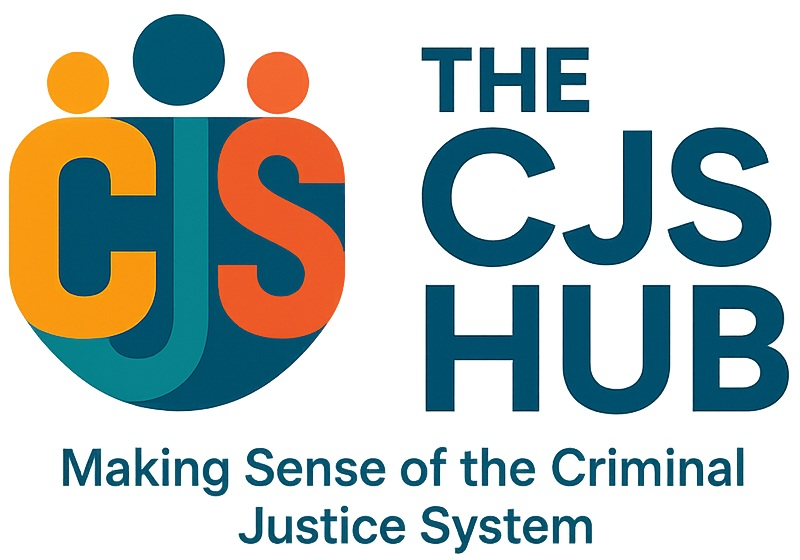Our guides are available to view for free, providing you with general signposting and guidance. At the bottom of every page you will find a link to message us. Please don’t feel isolated or confused reach out and we will get back to you as quickly as possible.
We have separated all of our guides into separate categorise so you can easily navigate to find information.
Do you have a question that should be included?
Contact us and let us know.
